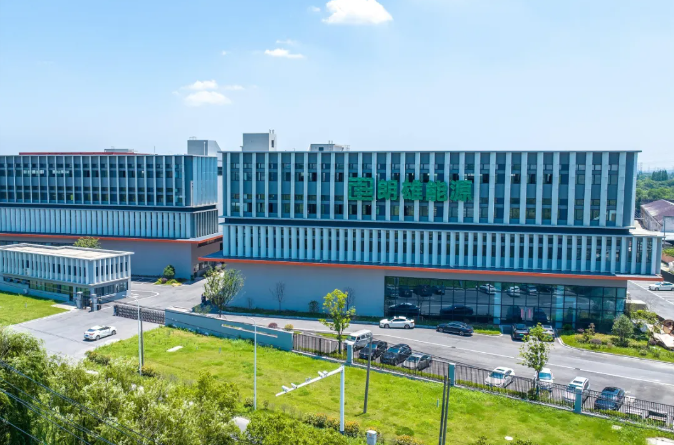As work on a 10-MWh demonstration manufacturing facility in the UK is advancing, India-headquartered long-duration energy storage (LDES) developer Offgrid Energy Labs is already looking towards grid-scale applications, with the ultimate goal to deliver grid-level resilience through a safe, sustainable and commercially viable solution.

Set up in 2018, Offgrid is developing battery technology based on zinc-bromide redox chemistry, which naturally enables deep discharge and long cycle life. Called ZincGel, the technology is designed for both grid and off-grid applications.
“What makes our solution distinct is the commercial viability we have unlocked through innovations in electrode, electrolyte, system design, and simplified manufacturing. These innovations are protected by over 50 intellectual property assets, giving us a strong competitive edge and reinforcing the depth of our R&D. Unlike many emerging chemistries, ZincGel is designed to be cost-effective, safe, and scalable for real-world deployment,” Offgrid’s co-founders, Tejas Kusurkar and Brindan Tulachan, told Renewables Now in an interview.
ZincGel has been proven in real-world conditions through field trials for stationary solar energy storage. The battery achieves around 90% energy efficiency, a figure validated by standard third-party test protocols. This places it on par with lithium-ion technology in terms of efficiency, while offering significant advantages for long-duration applications.
UK DEMO MANUFACTURING PLANT
In September, the company raised USD 15 million (EUR 12.9m) in a Series A financing round to support the construction of its demo manufacturing plant in the UK. The transaction was led by Indian specialty chemicals company Archean Chemical Industries with participation from local early-stage venture capital firm Ankur Capital.
“The UK facility is a critical step in taking ZincGel from lab to market. This facility shall help us build the first set of commercial ZincGel batteries, bringing to life the several innovations Offgrid’s R&D efforts have driven towards a commercially viable long-duration battery. It is designed to ensure manufacturing consistency, achieve high production yields and automate key processes to reduce manual errors,” the co-founders said.
The location was selected to allow the company “to tap into a strong clean energy ecosystem, build early partnerships, and showcase ZincGel in a market actively driving renewable integration. The insights gained here will accelerate our ability to scale globally, including in India, which remains central to our long-term growth.”
The UK facility is expected to establish manufacturing readiness at scale. Once operational, it will enable commercial deployment starting with decentralised and industrial applications, offering long-duration storage to accelerate renewable integration.
“Our initial deployments will be in the tens to hundreds of kilowatt-hours range, supporting decentralised and industrial energy users. As manufacturing scales, we aim to deliver megawatt-hour systems that can address utility-scale applications such as peak shifting, renewable energy integration, and net-zero applications. The ultimate vision is to provide grid-level resilience with safe, sustainable, and commercially viable long-duration storage.”
TOWARDS GIGA-FACTORY SCALE-UP
Offgrid’s next phase of growth includes establishing a large-scale manufacturing capacity through future giga-factories. The company intends to pursue these facilities through strategic partnerships, with India positioned as a likely base given its “strong relationships within the Indian ecosystem, which is eager to advance large-scale manufacturing capacity.”
“While our immediate focus is on making the UK pilot successful, our long-term plan is to establish giga-factories through strategic partnerships in India and beyond. This aligns with our goal of creating resilient supply chains and accelerating the global transition to clean energy.”
Offgrid expects no major supply chain challenges as production scales, pointing to the abundance of the materials used.
“Zinc is mined at nine times the volume of lithium and is available across every continent, removing the geopolitical risks that currently affect lithium supply chains. Bromine, too, is widely available, and we also use carbon – one of the most abundant materials globally. Together, these ensure resilient, diversified supply chains with no foreseeable constraints that could materially impact the growth of ZincGel batteries.


